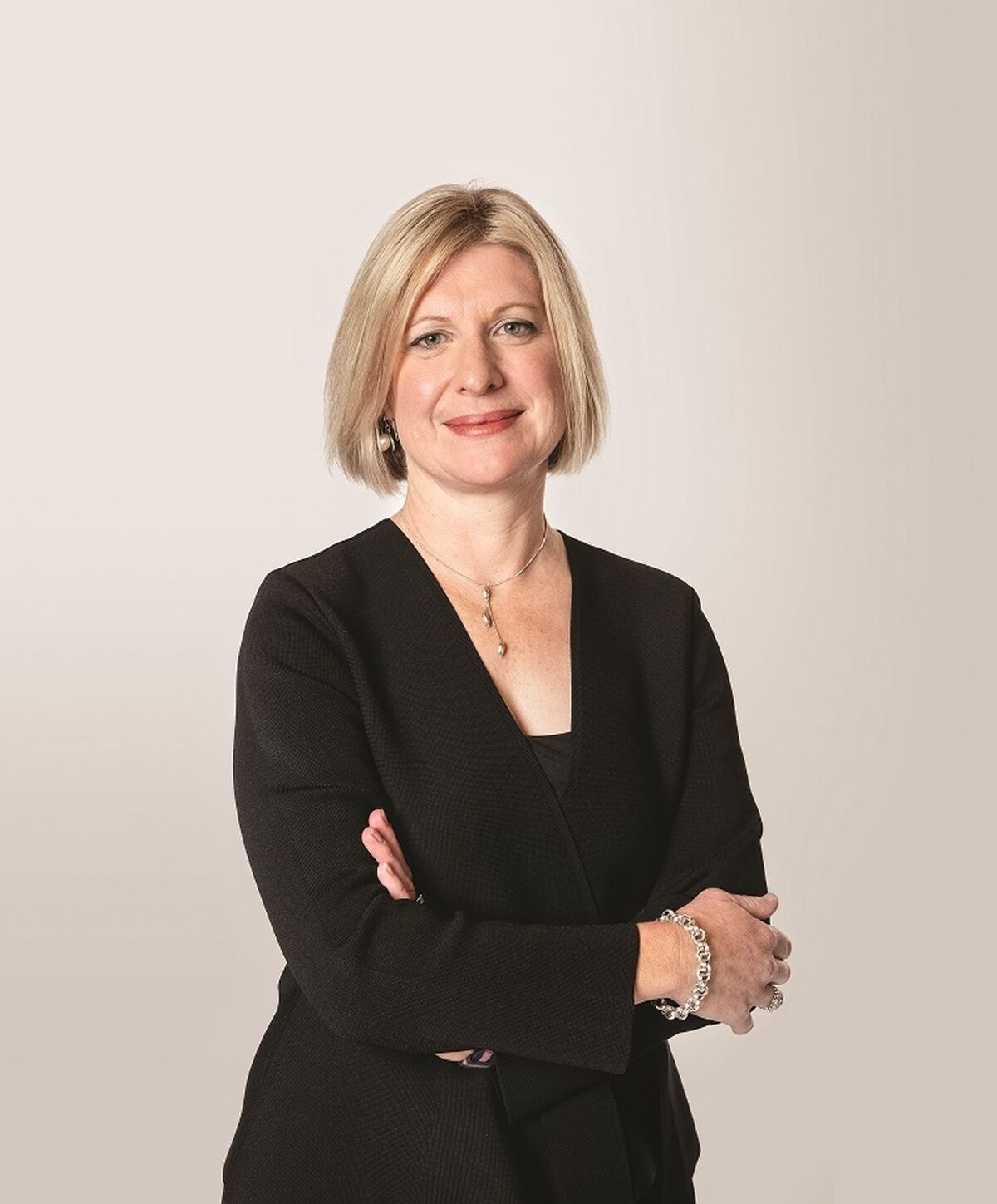On this page:
The Ombudsman's view

"As customers seek to access concessions for the first time, we're hearing that they're having trouble doing so"
EWOV cases continue to fall — in the first full 'COVID-19' quarter (April to June 2020), they fell 17%. Within this, billing cases fell 15% and credit cases fell 38%. The falls are surprising — billing and credit issues are linked to affordability and so many Victorians are facing financial pressures. We think our low case numbers reflect the extensive financial support that's been provided to people so far. We're very aware of the likely change that lies ahead — as shifts and reductions in financial support combine with the winter bill payment problems we see every year, and which are likely to be more significant this year as a result of stay-at-home policies.
In March 2020, we began tracking cases where customers mentioned COVID-19. While it was useful to help us keep government and regulators informed about case trends, we soon realised this approach was just too narrow. COVID-19 is affecting all customers in some way, and it's become evident that people who've never needed payment assistance before are increasingly in need.
Highlighting this particularly well is an emerging problem around energy and water concessions. As customers seek to access concessions for the first time, we're hearing that they're having trouble doing so, and not because they've done anything wrong. It's a matter of mismatched information and it needs to be addressed swiftly.
This is our first issue of EWOV Reflect — a new quarterly, web-based publication, which consolidates the content we previously published in three separate publications (ResOnline, Affordability Report, Connect). A major difference, and improvement, is that Reflect links directly to the Data Hub on our website, which provides 'live' views of case trends and key observations.